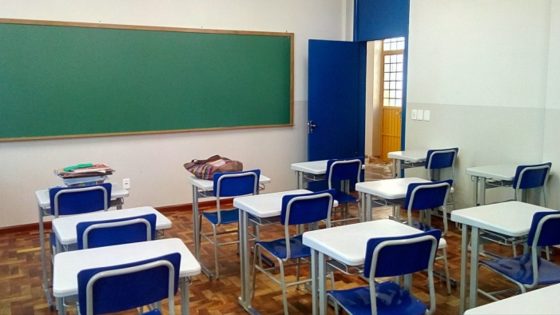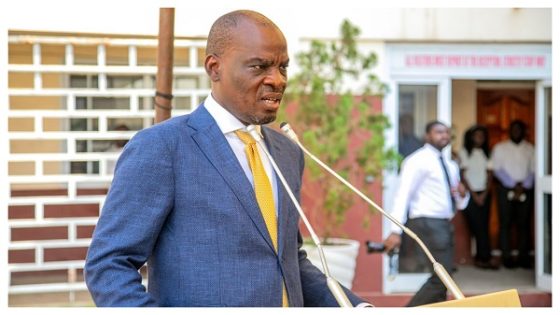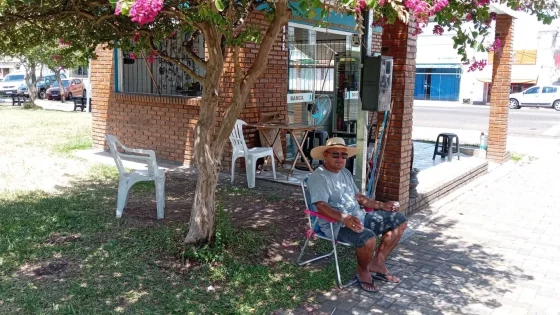The start of the school year in Rio Grande do Sul has been postponed due to extreme heat, now set for February 17, 2025. This decision comes after a court ruling emphasized the safety of students and staff amid soaring temperatures, which could reach up to 40°C. How can schools ensure a safe environment during such weather conditions?
- Classes postponed to February 17 due to heat
- Decision made by Judge Lúcia de Fátima Cerveira
- Concerns over inadequate school facilities
- Extreme heat warnings from meteorological agencies
- CPERS Sindicato filed for class delay
- Upcoming temperatures expected to exceed 40ºC
Extreme Heat Forces Delay in Rio Grande do Sul School Year Start
What happens when extreme weather disrupts education? In Rio Grande do Sul, the court’s decision to push the school start date to February 17 highlights the growing challenges schools face during climate crises. With temperatures expected to soar, the focus is on student and staff safety.
Understanding the Impact of Extreme Weather on Education
Extreme weather events can significantly disrupt education. In this case, the Rio Grande do Sul court recognized that many schools lack essential facilities to protect students from high temperatures. The decision to delay the school year underscores the importance of addressing these issues.
Key Factors Contributing to the Delay in School Start Date
Several factors influenced the court’s decision to postpone the start of the school year:
- Extreme temperatures reaching 40°C and above.
- Inadequate school infrastructure, lacking air conditioning and hydration facilities.
- Warnings from meteorological agencies about prolonged heat waves.
- Concerns for the health and safety of students and staff.
The Role of Meteorology in Education Decisions
Meteorological data played a crucial role in the court’s ruling. Agencies provided warnings about the extreme heat, which helped the court understand the urgency of the situation. This collaboration between education and meteorology highlights the need for proactive measures in schools.
What Can Schools Do to Prepare for Extreme Weather?
Schools must adapt to changing climate conditions to ensure student safety. Here are some strategies:
- Invest in climate-resilient infrastructure.
- Implement emergency protocols for extreme weather.
- Enhance communication with meteorological services.
- Educate staff and students about heat-related health risks.
As climate change continues to affect weather patterns globally, schools must be prepared to respond effectively to ensure the safety and well-being of students and staff.

































